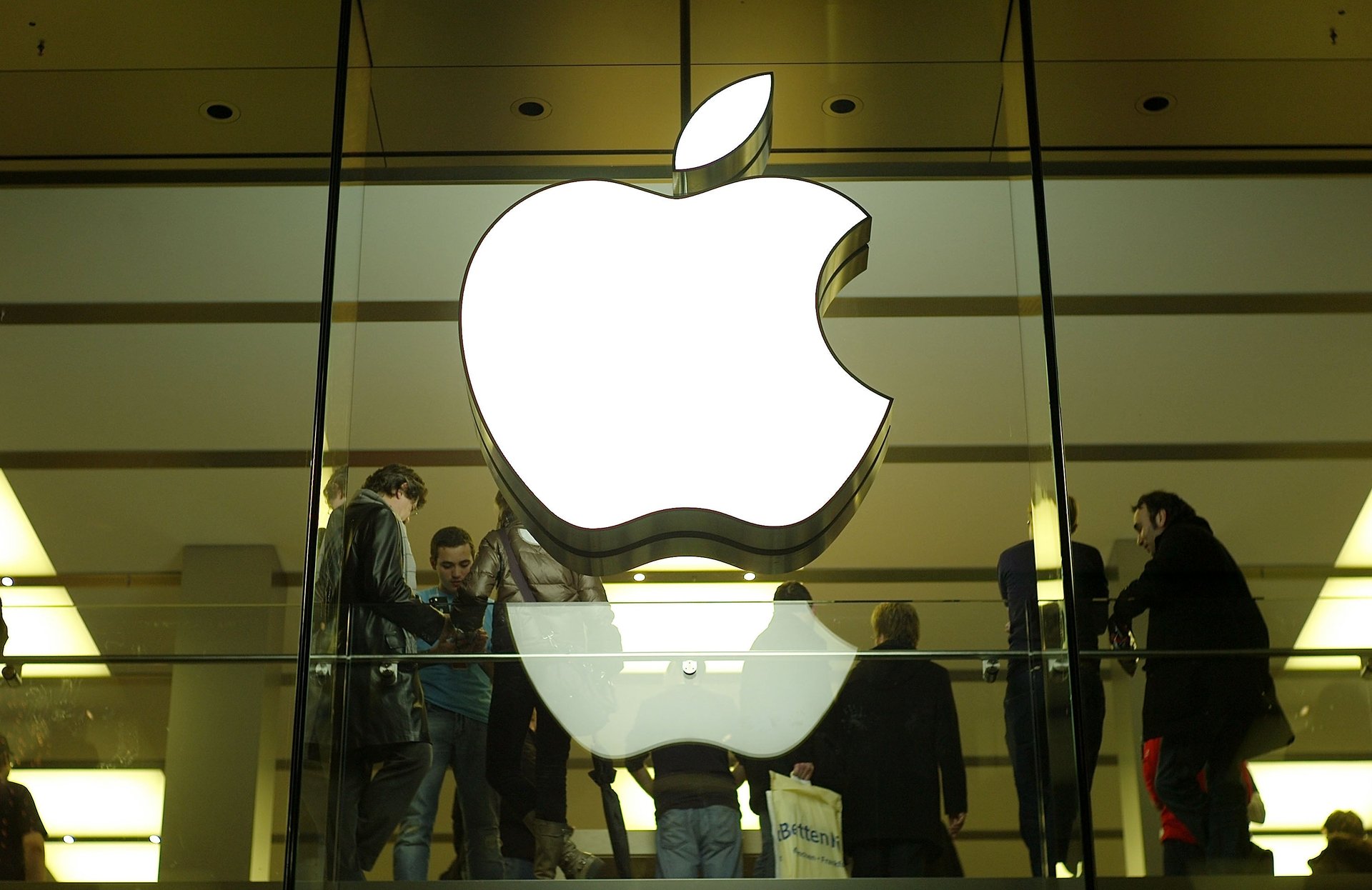Apple is the first target of Europe's new tech crackdown
The European Commission told Apple its App Store rules violate the E.U.’s new Digital Markets Act

The European Union has accused Apple with failing to comply with its new sweeping digital competition law, as the iPhone maker continues to run afoul of the bloc’s regulations.
Suggested Reading
The European Commission on Monday told Apple its App Store rules violate the E.U.’s Digital Markets Act (DMA) by preventing app developers from freely directing consumers to alternative ways to make purchases. And Apple’s fees for facilitating purchases through the App Store go beyond what is “strictly necessary,” according to the regulator.
Related Content
If the Commission comes to a final conclusion that Apple broke the DMA’s rules, the company could be fined as much as 10% of its worldwide revenue. Repeated violations of the law could shoot up fines to as much as 20%.
A final decision is required by March 25, 2025, or 12 months after regulators began investigating a slew of tech firms’ compliance with the DMA. Apple is the first to be charged with violating the DMA, with probes into Google parent Alphabet and Facebook parent Meta ongoing.
“Apple’s new slogan should be ‘act different,’” Thierry Breton, the European Commission’s internal market commissioner, said in a statement. “Without prejudice to Apple’s right of defense, we are determined to use the clear and effective DMA toolbox to finally open real opportunities for innovators and for consumers.”
The charges against Apple escalate the Commission’s aggressive scrutiny of the Cupertino, California-based tech giant. In March, regulators fined Apple almost $2 billion for using its digital marketplace to restrict developers. Last week, Apple said it does “not believe” it will launch new artificial intelligence features in the 27-member bloc because of regulatory concerns driven by the DMA.
In addition to the charges brought, competition regulators announced a new probe into Apple’s rules it enacted to comply with the DMA’s requirements. The new inquiry will probe whether Apple’s multi-step “user journey” to download alternative app stores and eligibility for developers to offer those services complies with the law.
The Commission will also investigate the company’s new Core Technology Fee that requires major app developers to pay Apple based on the number of times their app is downloaded. The fee was created to increase revenue as Apple lost out on some cash thanks to changes it made to comply with the DMA.
Evercore analysts last month noted that the new core fee reduced the impact of the E.U.’s rules, but warned that changes could put a dent in Apple’s business.
“Apple has made a number of changes to comply with the DMA in response to feedback from developers and the European Commission,” the company said in a statement. “We are confident our plan complies with the law, and estimate more than 99% of developers would pay the same or less in fees to Apple under the new business terms we created.”
